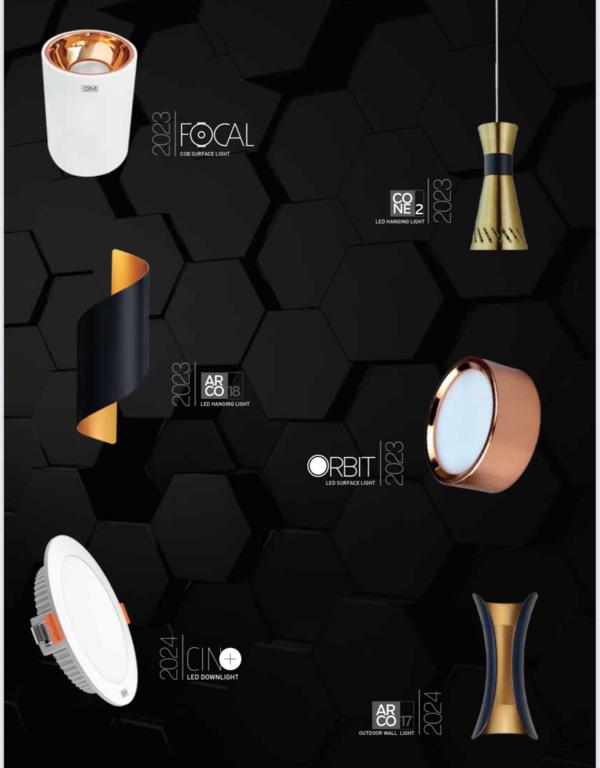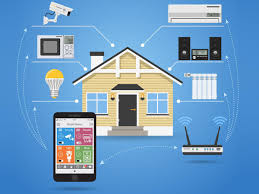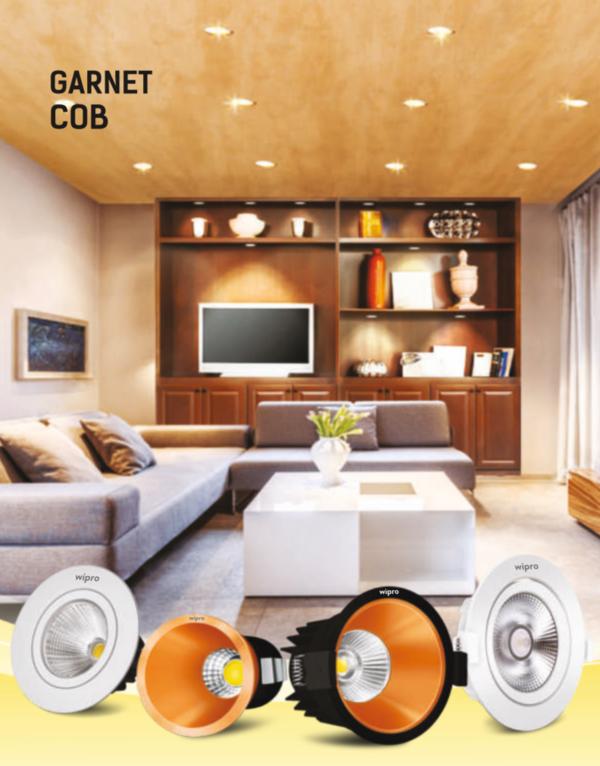
The Future of Living: An Informative Guide to H...

The Future of Living: An Informative Guide to Home Automation In today’s fast-paced world, technology is transforming the way we live, and home automation is at the forefront of that transformation. Home automation refers to the use of technology to control and manage various household systems—such as lighting, heating, security, and appliances—remotely or automatically, making daily life more efficient, convenient, and energy-efficient. What is Home Automation? Home automation involves integrating smart devices into your home that can be controlled via the internet, smartphone apps, or voice commands. The goal is to improve the functionality, security, and energy efficiency of your home while enhancing the comfort and convenience for its occupants. These devices communicate with one another through a central hub or cloud-based platforms, allowing you to automate processes, set schedules, or control them remotely. Some common home automation systems include: Smart Lighting: Allows you to control your home’s lights remotely, set up automatic schedules, and adjust brightness and color temperature. Smart Thermostats: These devices automatically adjust the temperature based on your preferences and schedules, helping reduce energy consumption. Security Systems: Home security automation includes cameras, doorbells, motion detectors, and alarms that can be monitored and controlled remotely. Voice Assistants: Devices like Amazon Alexa, Google Assistant, and Apple Siri allow users to control smart devices using voice commands. Benefits of Home Automation Convenience: One of the main draws of home automation is the convenience it offers. You can control various systems in your home from anywhere, whether you’re lounging on the couch or away on vacation. Automated routines can be set to turn off lights, adjust the thermostat, or lock doors, so you don’t have to remember these tasks manually. Energy Efficiency: By automating heating and cooling systems, lighting, and other appliances, home automation can help save on energy costs. For example, a smart thermostat can learn your schedule and adjust the temperature accordingly, while smart lights can turn off when they sense no motion, reducing unnecessary energy consumption. Enhanced Security: Home automation improves safety and security through smart surveillance systems, motion sensors, and connected door locks. Remote monitoring allows homeowners to keep an eye on their property from anywhere, and automatic alerts can notify you of suspicious activity, such as a break-in or a fire. Increased Property Value: As more people look for energy-efficient, smart homes, adding home automation features can increase the resale value of your property. In a competitive market, having an automated home may make your property stand out and attract potential buyers. Accessibility and Control: Home automation offers increased accessibility for people with disabilities or limited mobility. Voice assistants and smart controls allow people to manage tasks like opening blinds, turning on lights, or adjusting thermostats without having to move physically. This gives individuals more independence in their homes. Key Components of a Home Automation System A typical home automation system consists of several key components: Hub or Controller: This is the brain of the home automation system. It’s a device or platform that connects all the smart devices in your home and allows them to communicate with each other and with the homeowner. Popular hubs include SmartThings, Wink, and Amazon Echo. Smart Devices: These are the individual gadgets or appliances that you can control remotely. Examples include smart thermostats, smart plugs, light bulbs, doorbell cameras, and smart locks. Sensors: Sensors play an essential role in home automation by detecting changes in the environment. Motion detectors, temperature sensors, door/window sensors, and smoke detectors all contribute to a smart home ecosystem. Apps and Interfaces: Home automation systems are typically controlled through a smartphone app or web interface. These apps let you monitor, control, and configure your devices remotely. Popular Home Automation Systems There are many brands and ecosystems in the market today. Some of the most well-known include: Amazon Alexa: A popular voice-controlled assistant that integrates with many smart devices. Alexa can control everything from lights to thermostats and is known for its vast compatibility with third-party devices. Google Home: Similar to Alexa, Google Home offers voice control and integrates with Google’s ecosystem, making it a good choice for Android users. Apple HomeKit: Apple’s ecosystem focuses on privacy and security. HomeKit works with Siri and integrates smoothly with other Apple products, like the iPhone or iPad. Samsung SmartThings: A versatile platform that works with a wide range of devices, SmartThings is one of the most popular options for people building a custom home automation system. Challenges of Home Automation While home automation offers significant benefits, there are challenges to consider: Complexity: Setting up a home automation system can be daunting, especially if you’re integrating devices from multiple manufacturers. Compatibility issues can arise, and some users might struggle to get everything working smoothly together. Privacy and Security Risks: As home automation relies on the internet, there are concerns about hacking and data privacy. It’s important to ensure that devices and systems are properly secured to prevent unauthorized access. Cost: While prices have been dropping, home automation systems can still be pricey, especially when you’re outfitting an entire home with smart devices. However, the energy savings and convenience can justify the upfront investment in the long term. Reliability: Many home automation systems rely on a stable internet connection. If the internet goes down or a device malfunctions, it may disrupt your automation routines or limit control over certain systems. The Future of Home Automation The future of home automation looks promising, with ongoing advancements in artificial intelligence, machine learning, and IoT (Internet of Things) technologies. As AI continues to improve, we can expect even smarter automation, with systems that can learn our habits and predict our needs without manual input. The integration of more sensors and devices into everyday life will further elevate the concept of a "smart home, " making it even easier to manage and monitor the home environment. Furthermore, as energy efficiency and sustainability become more critical in the global conversation, home automation will likely evolve to help homeowners better manage their energy use and reduce their carbon footprint. Conclusion Home automation is not just a passing trend—it’s the way of the future. With the ability to improve comfort, security, and energy efficiency, it’s easy to see why many people are making their homes "smarter." Although there are challenges, the benefits far outweigh the drawbacks. As technology continues to evolve, home automation will undoubtedly play a central role in shaping how we live, offering even greater convenience, energy savings, and control over our living spaces.
Keywords
Subscribe for latest offers & updates
We hate spam too.


